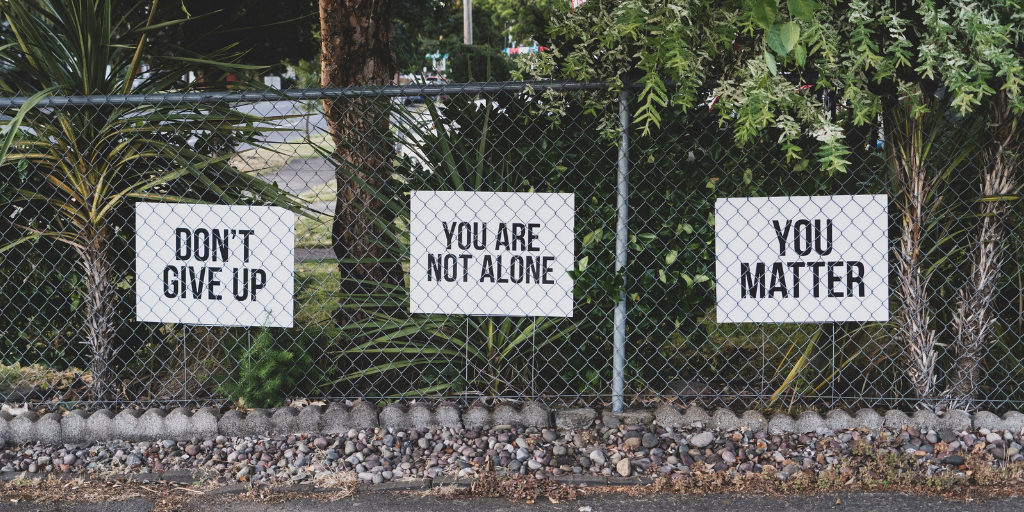
An Unspoken Crisis: Suicide Among Youth Experiencing Homelessness
Many aspects of experiencing homelessness can negatively affect the outcomes of young people and their mental health. These youth may feel alone, invisible, or forgotten because their unique experiences and emotional stressors are not acknowledged by their peers who have stable housing.
Youth experiencing homelessness and housing instability are often at an increased risk of being affected by suicide. A 2013 study suggests that youth experiencing homelessness are more than twice as likely to engage in self-harm and suicidal behaviors than their non-homeless peers. These students are living at high levels of stress, which negatively impacts their mental health. Along with this, their family members are also at an increased risk of suicidal ideation, affecting these students’ mental health.
- Suicide is the second leading cause of death in young people aged 10-34
- Lesbian, gay, and bisexual youth are four times more likely to attempt suicide than straight youth.
- Transgender people are 12 times more likely to attempt suicide than the general population.
- 10% of young adults say they experienced suicidal thoughts in the past year.
- Students experiencing homelessness are 7.19 times more likely to attempt suicide compared to stably housed youth.
At After8toEducate, we seek to support youth experiencing homelessness in any way we can. We must acknowledge the reality of suicide and give our students hope and resources. Building the below factors and supports in and around youth is critical to reducing the risk factors for young people experiencing homelessness:
- Family support and cohesion, including good communication.
- Talking about mental health openly and often.
- Peer support and close social networks.
- School and community connectedness.
- Adaptive coping and problem-solving skills, including conflict-resolution.
- Offer trauma-informed care and specifically consider the trauma and needs of students experiencing homelessness.
- General life satisfaction, good self-esteem, sense of purpose.
- Easy access to effective medical and mental health resources.
If you or someone you know is in an emergency, call The National Suicide Prevention Lifeline at 800-273-TALK (8255) or call 911 immediately.